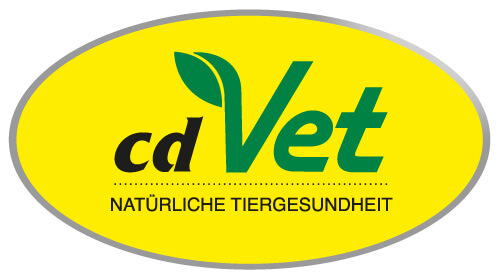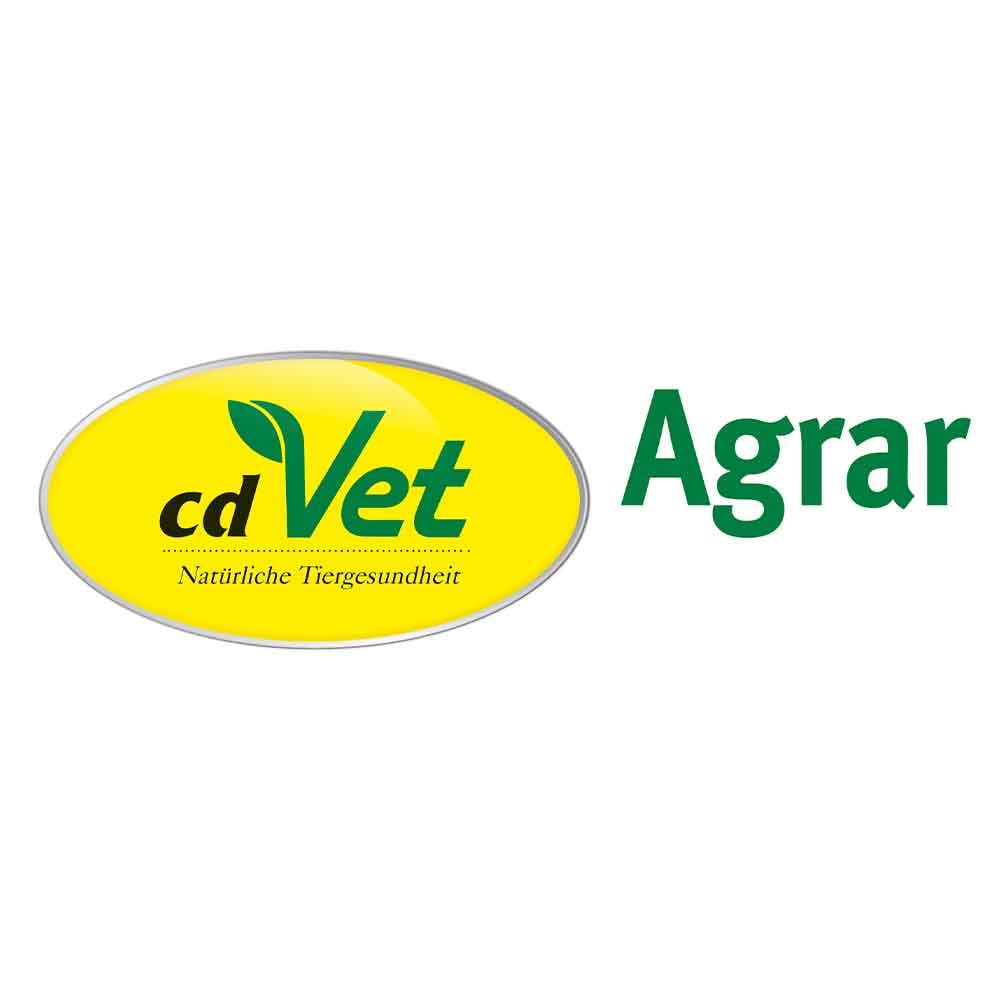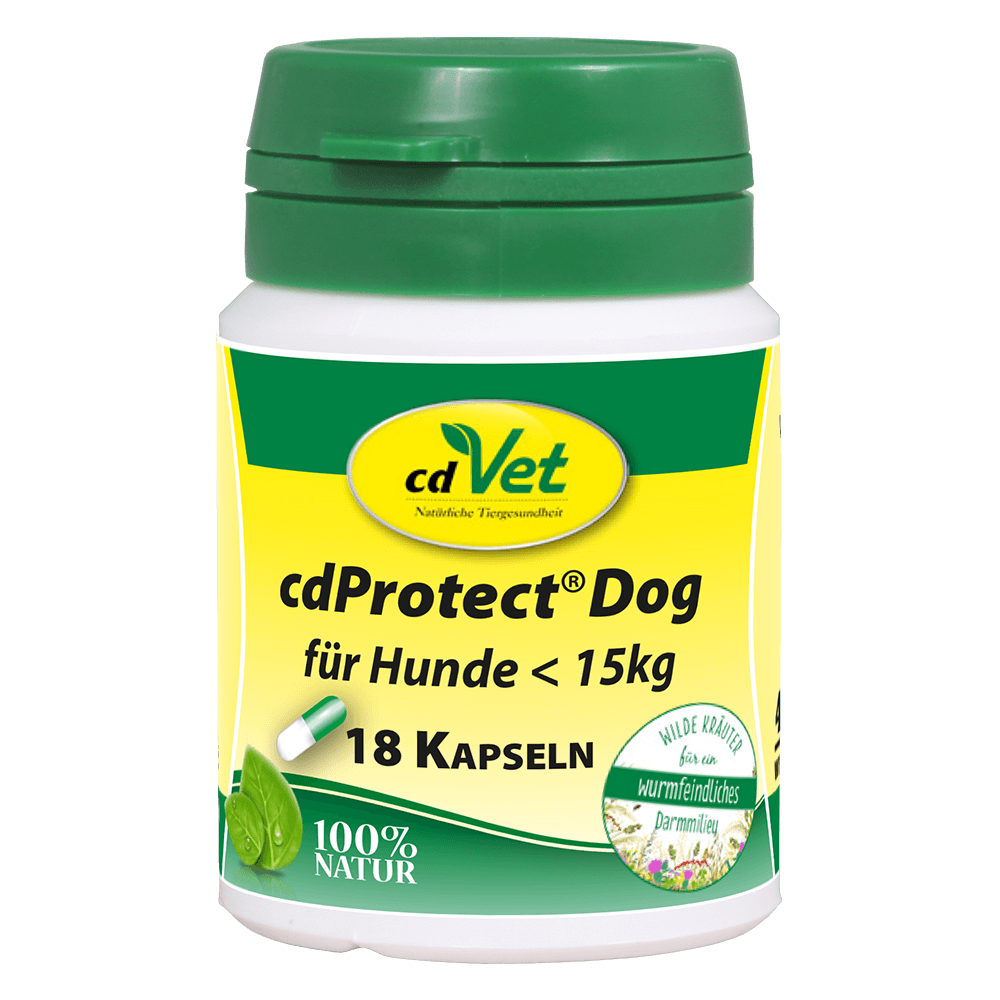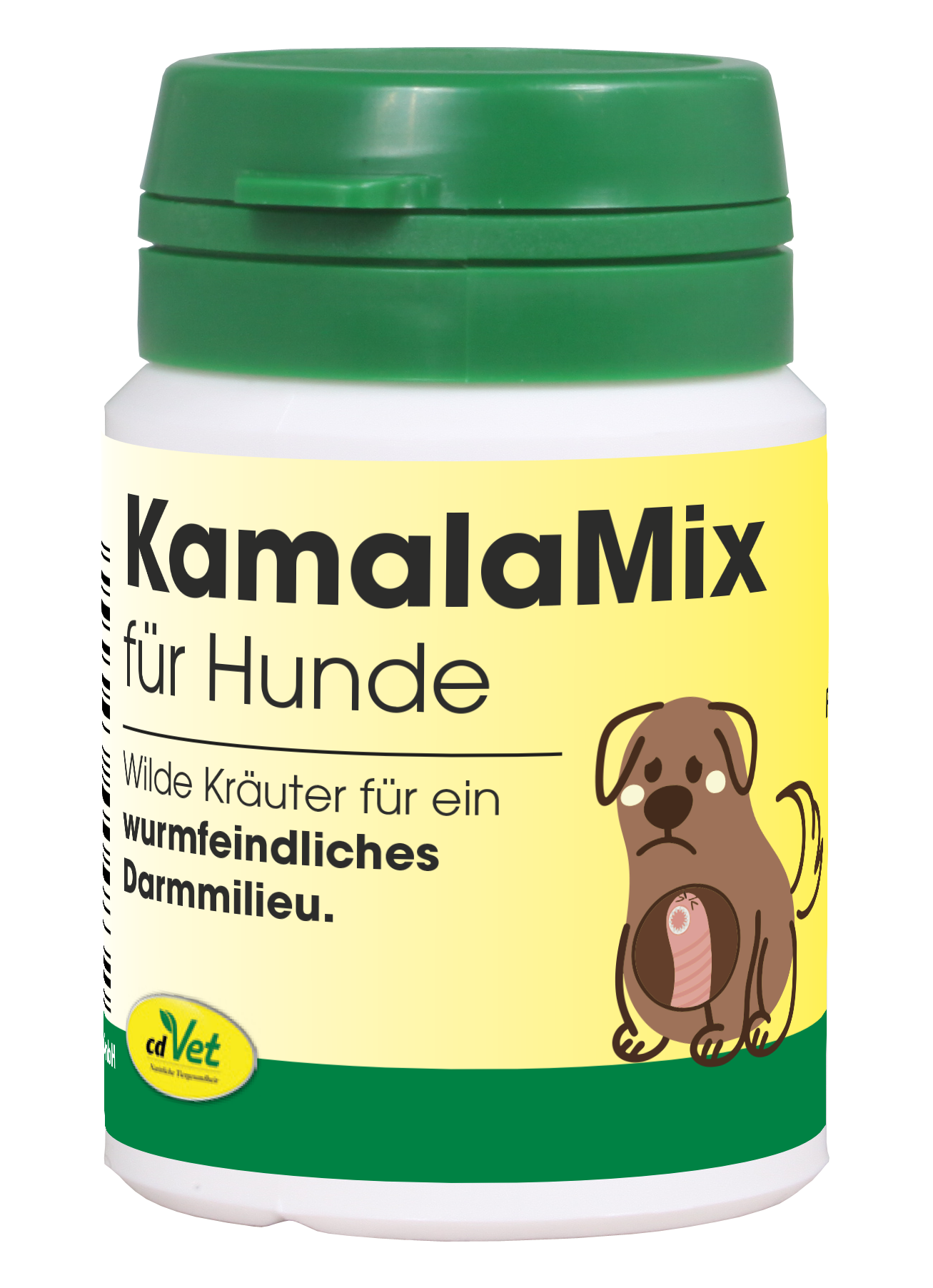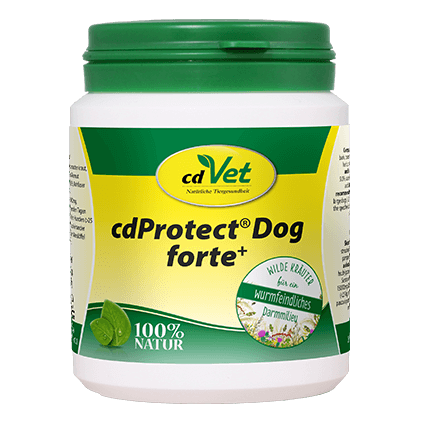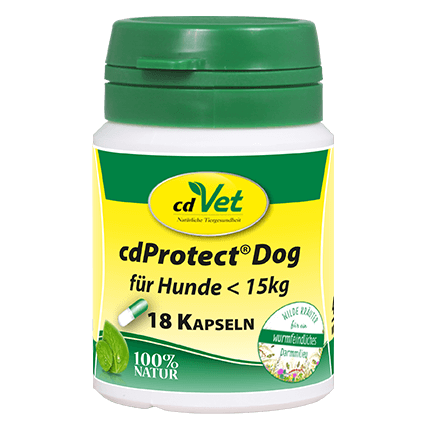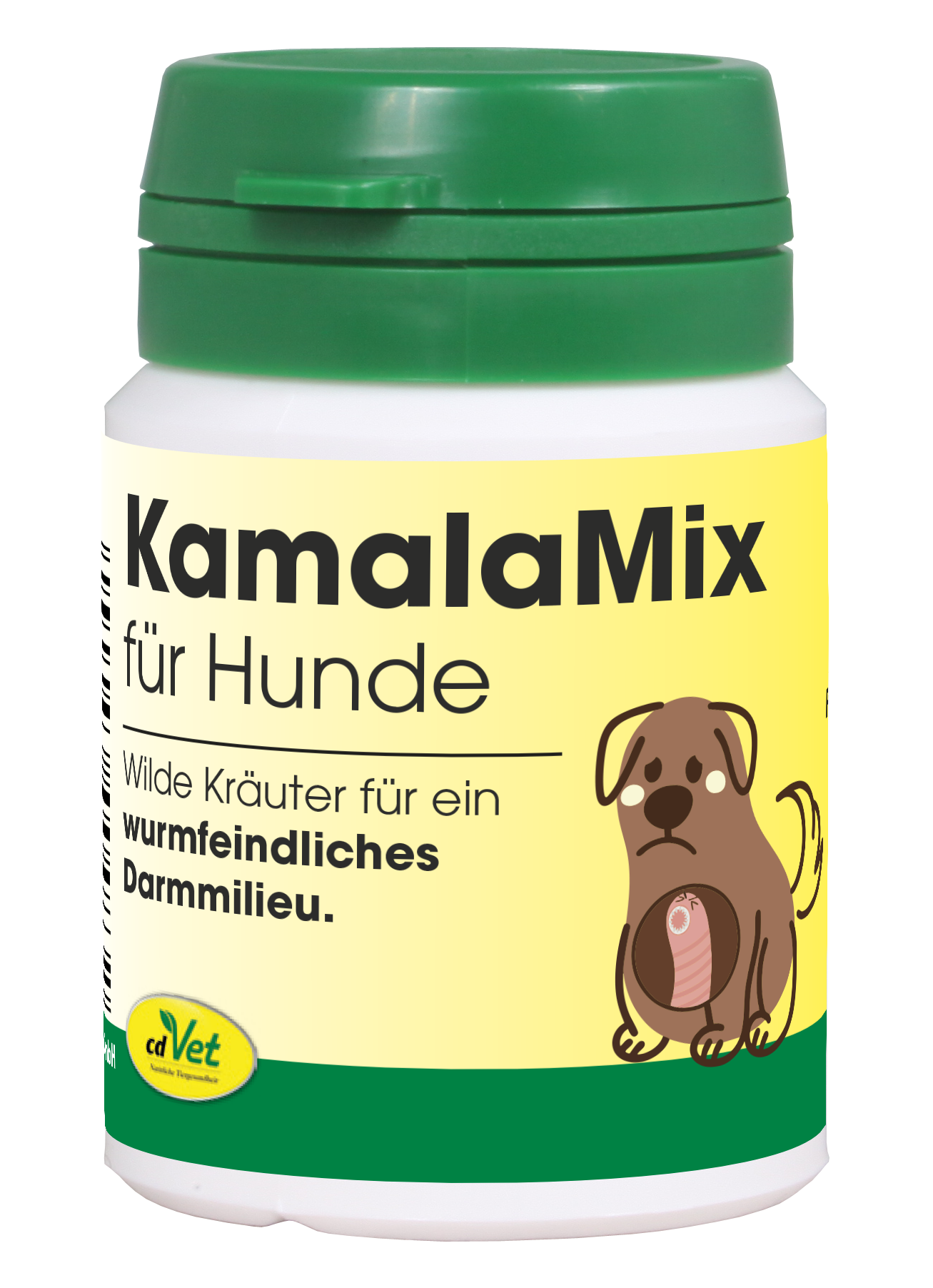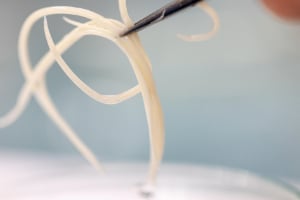
Wilde Kräuter für eine wurmfeindliche Ernährung – natürlich vorsorgen mit cdVet
Ein stabiles Darmmilieu ist entscheidend, um Wurmbesatz vorzubeugen. Die natürlichen cdVet-Produkte liefern wichtige Pflanzenstoffe wie Bitterstoffe, Saponine und Gerbstoffe – Bestandteile, die in der freien Natur zur Selbstregulation beitragen. So unterstützen Sie die wurmfeindliche Ernährung Ihres Tieres ganz ohne chemische Keule.
Content: 0.0156 Kilogramm (€701.92* / 1 Kilogramm)
Content: 0.075 Kilogramm (€226.00* / 1 Kilogramm)
Content: 0.012 Kilogramm (€1,162.50* / 1 Kilogramm)

Wild Herbs for a Worm-Hostile Diet
Tailored Nutrition for Worm Infestation:
Products have been developed to meet the special nutritional needs arising from worm infestation. The absence of herbal components like saponins, bitter substances, and tannins can make pets more susceptible to excessive worm infestation.
Lack of Natural Herbs:
Unlike their wild counterparts, domestic animals often lack access to these vital substances found in plants and herbs. These are essential in helping their wild relatives naturally prevent worm overpopulation.
Supporting Intestinal Health:
To reduce the need for chemical deworming, supporting the pet’s intestines with suitable herbs is beneficial. This is achieved through a balanced diet and occasional supplementation with products that provide the missing herbal components.
Expert Recommendations:
Many parasitology experts suggest regular monitoring of the pet’s worm load through stool sample analysis to maintain optimal health.
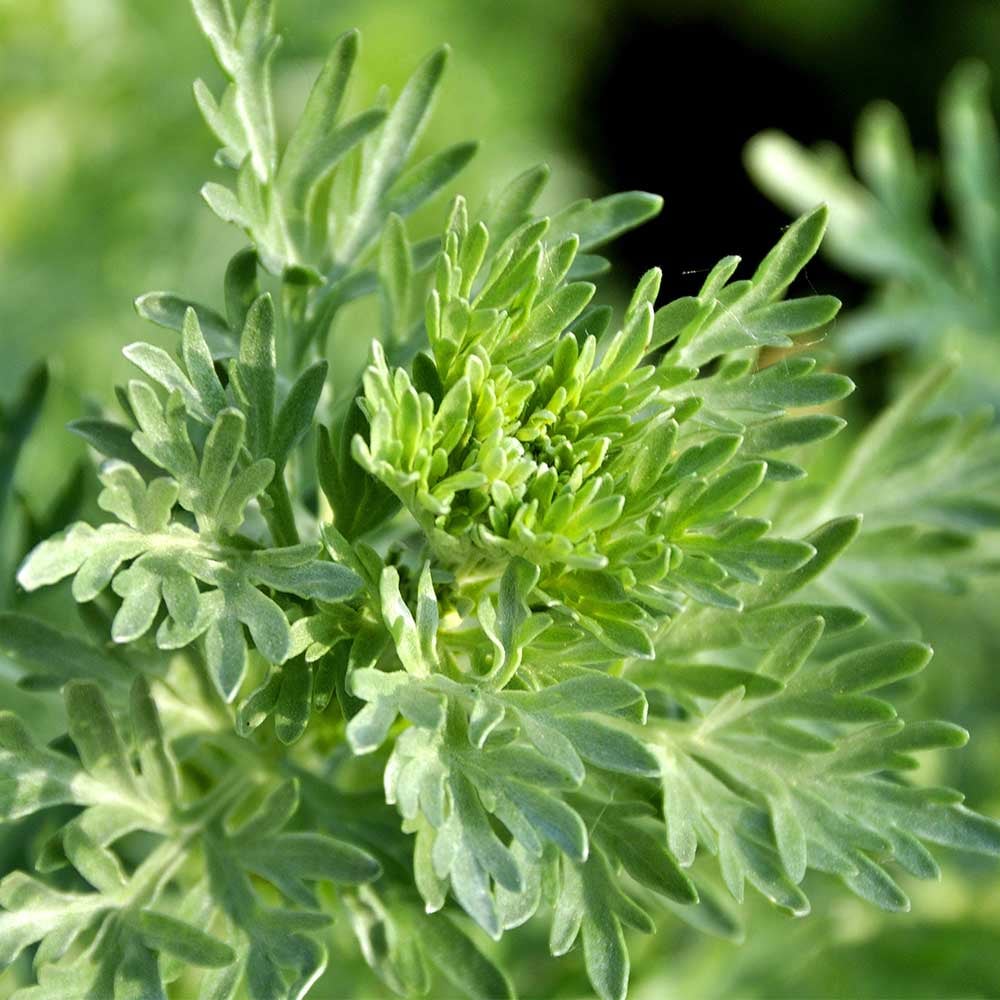
Wormwood
The herb contains primarily bitter substances as main ingredients. Including absinthin, which is the namesake of the alcoholic beverage obtained from it. The bitter substances contained can have a beneficial effect on digestion.
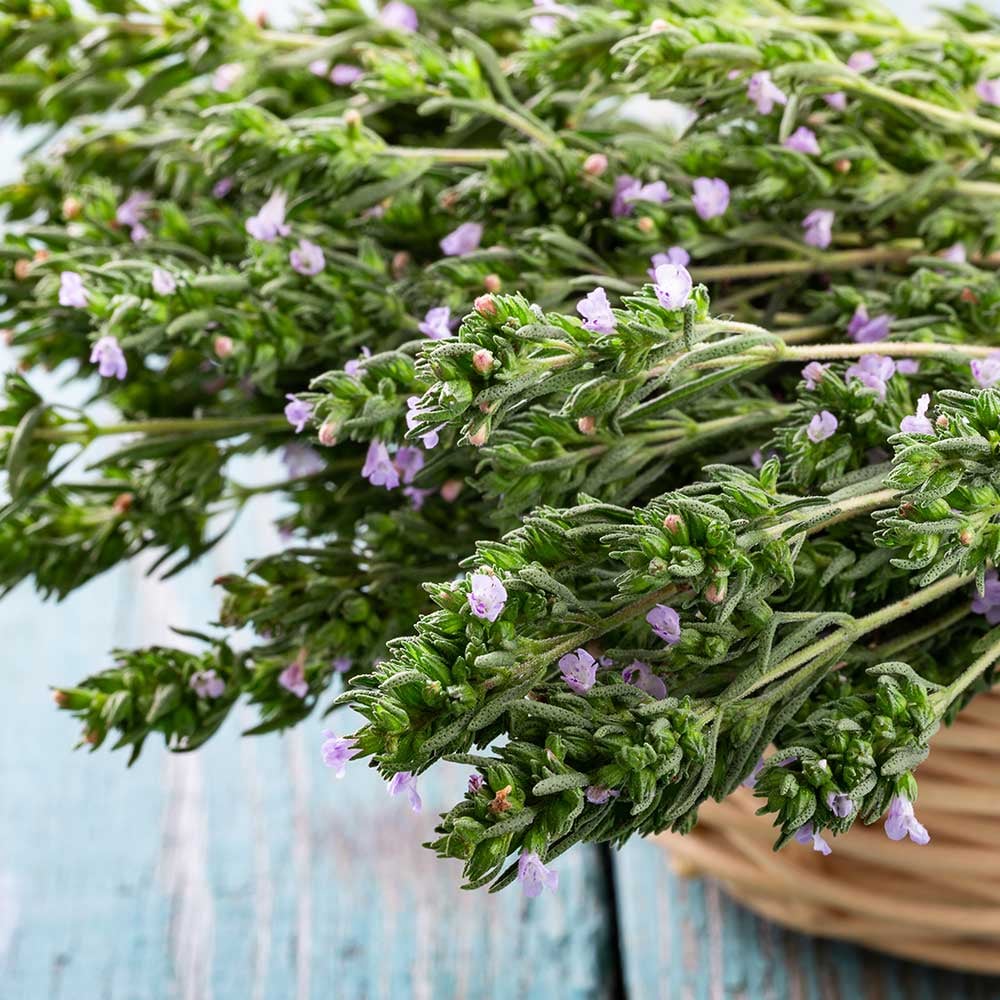
Thyme
Thyme is rich in the omega 3 fatty acid DHA and contributes to the nutrition of our pets through its digestive regulating properties.
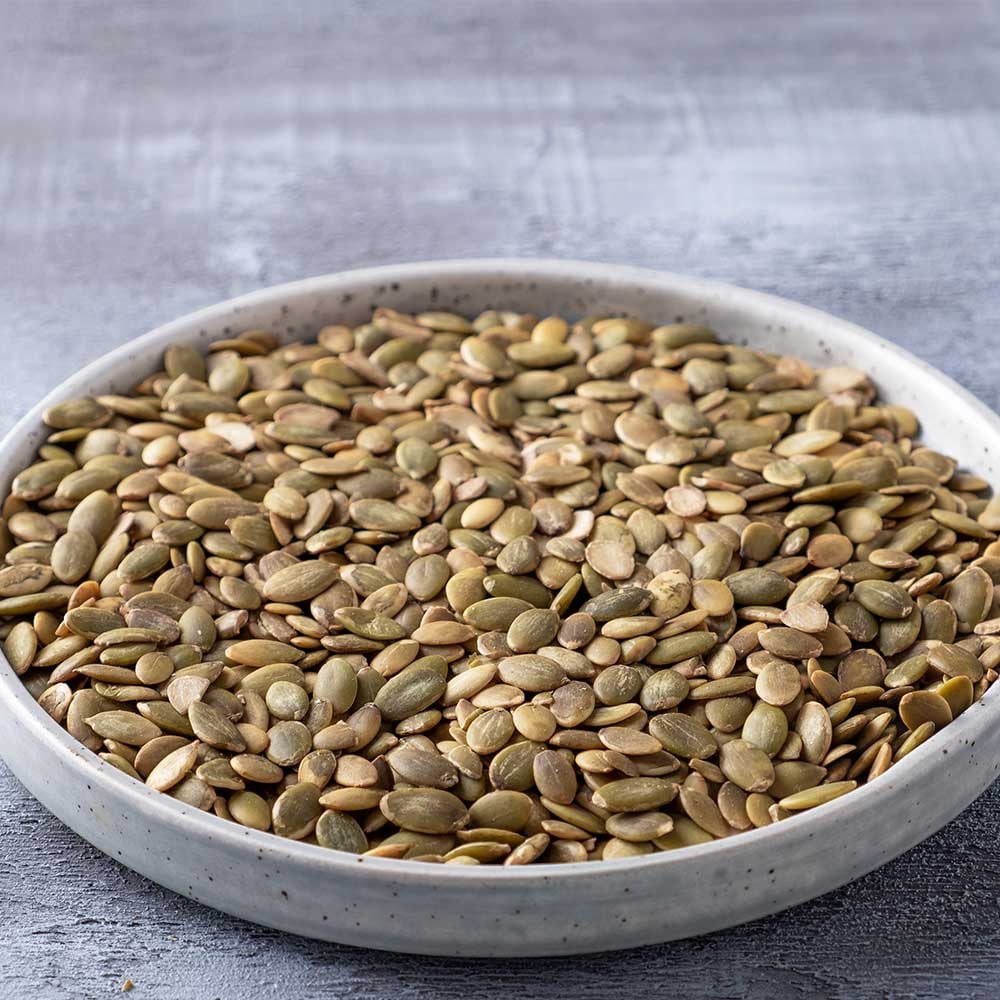
Pumpkin seeds
In addition to a high content of vitamin E, high-quality oils and trace elements, pumpkin seeds also contain important amino acids. The cleansing influence on the intestines is also generally known
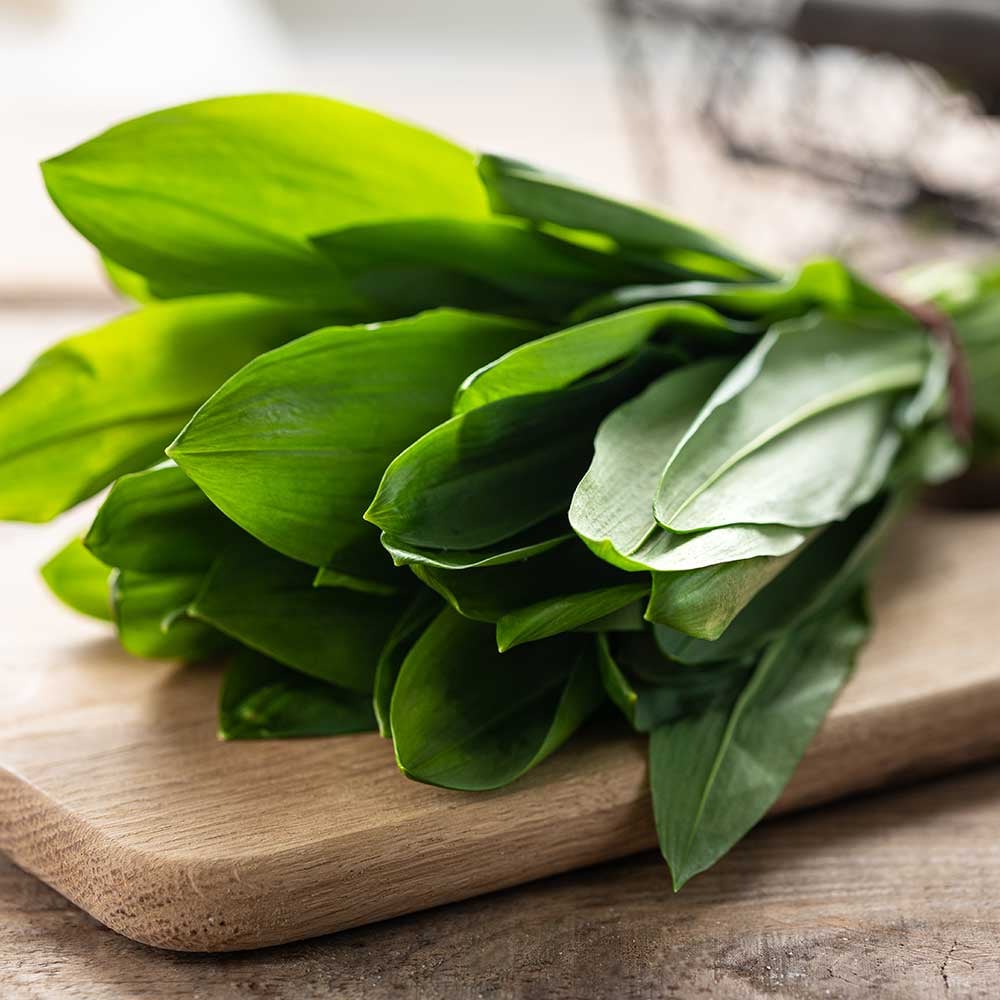
Wild garlic
The diet with wild garlic is particularly advantageous in the context of a natural intestinal restoration. In addition, wild garlic has a positive influence on the intestinal flora.
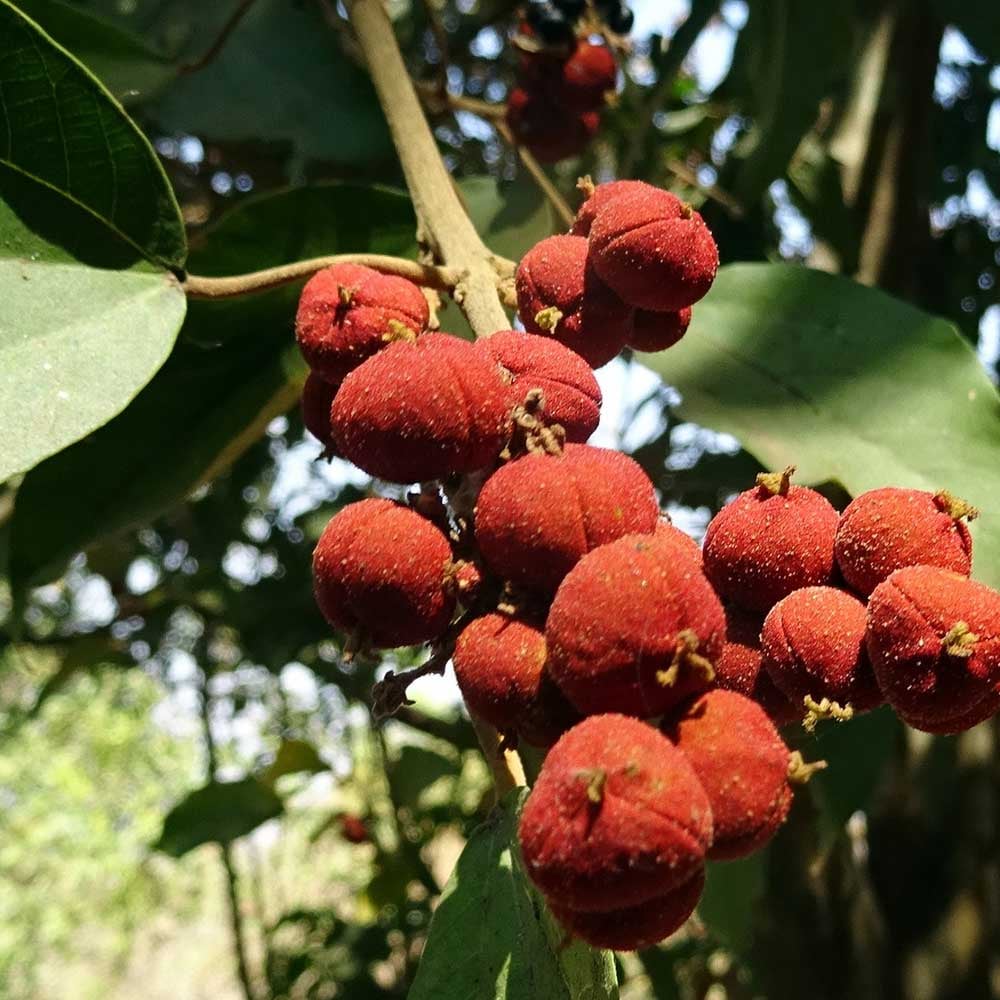
Kamala
Kamala belongs to the spurge family and has been used for centuries in the diet to compensate for various deficits.
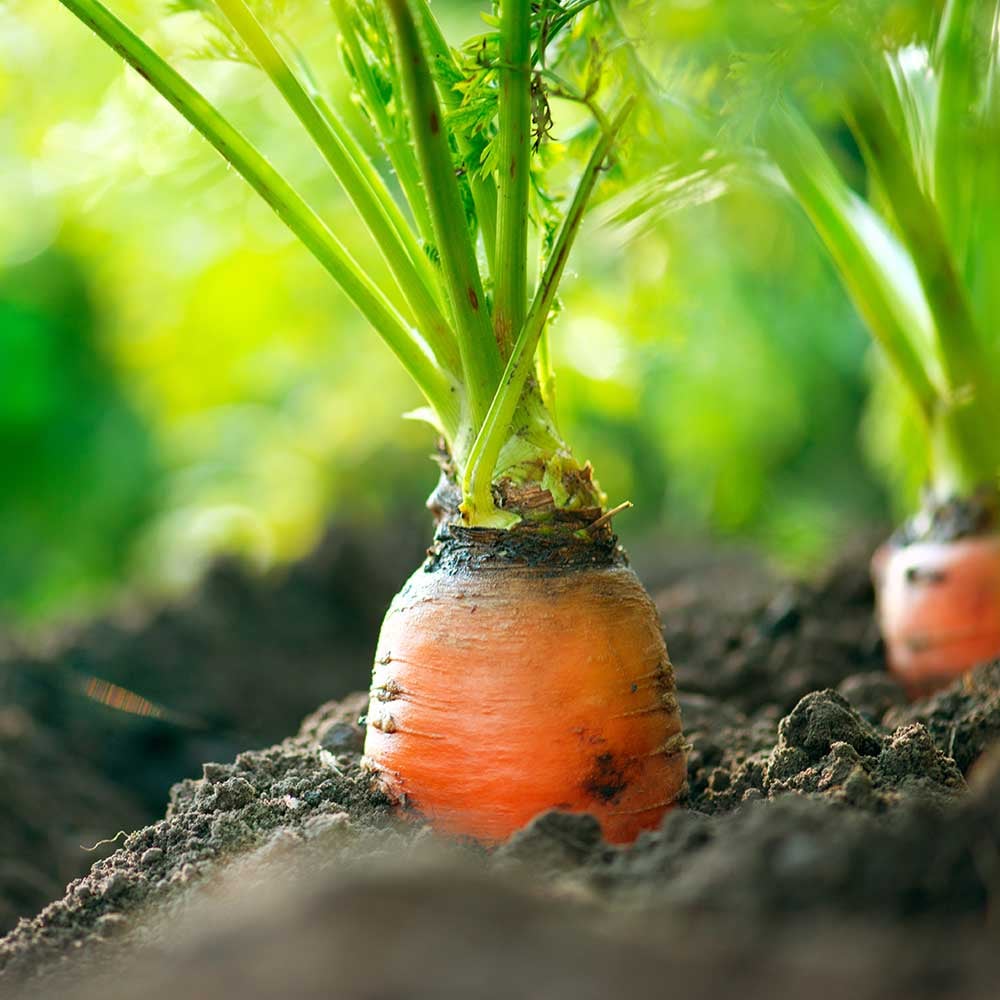
Carrots
Carrots have an antioxidant effect and, according to studies, have proven to be particularly effective in young animals for nutritional and digestive disorders.
